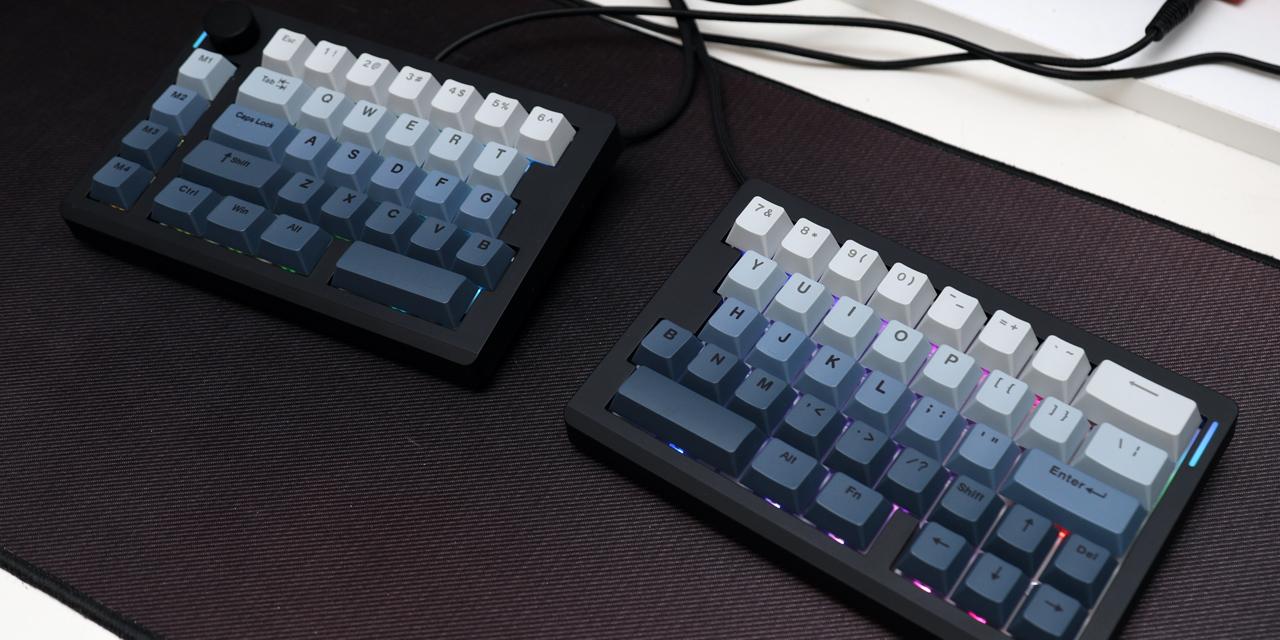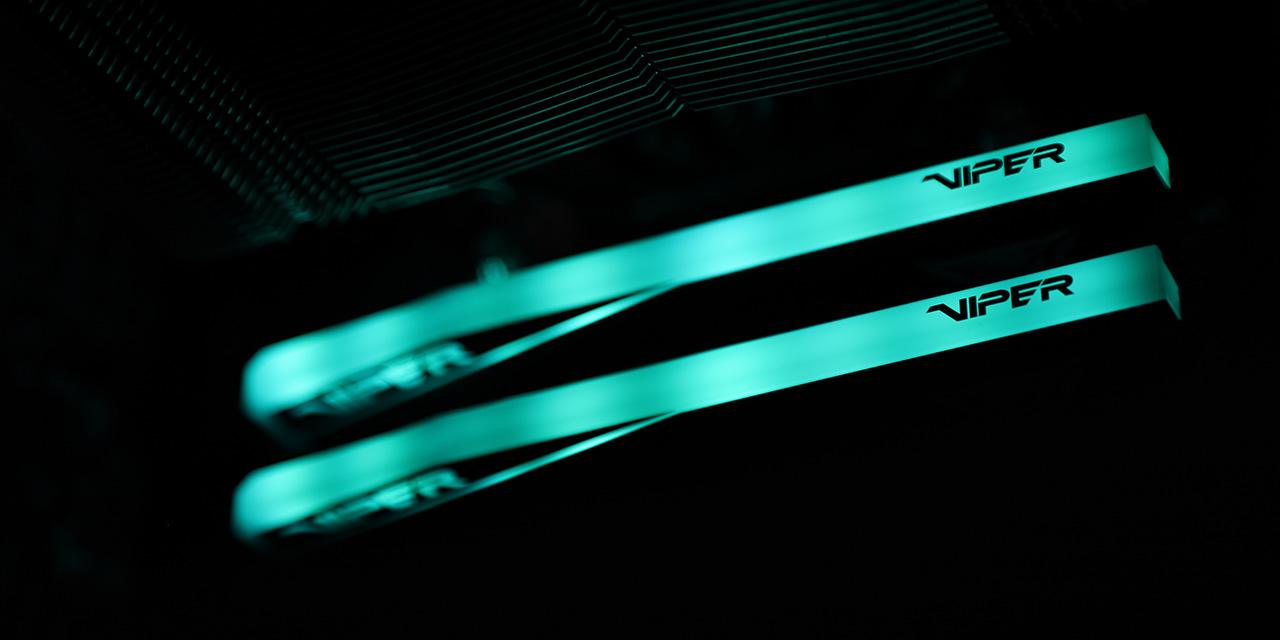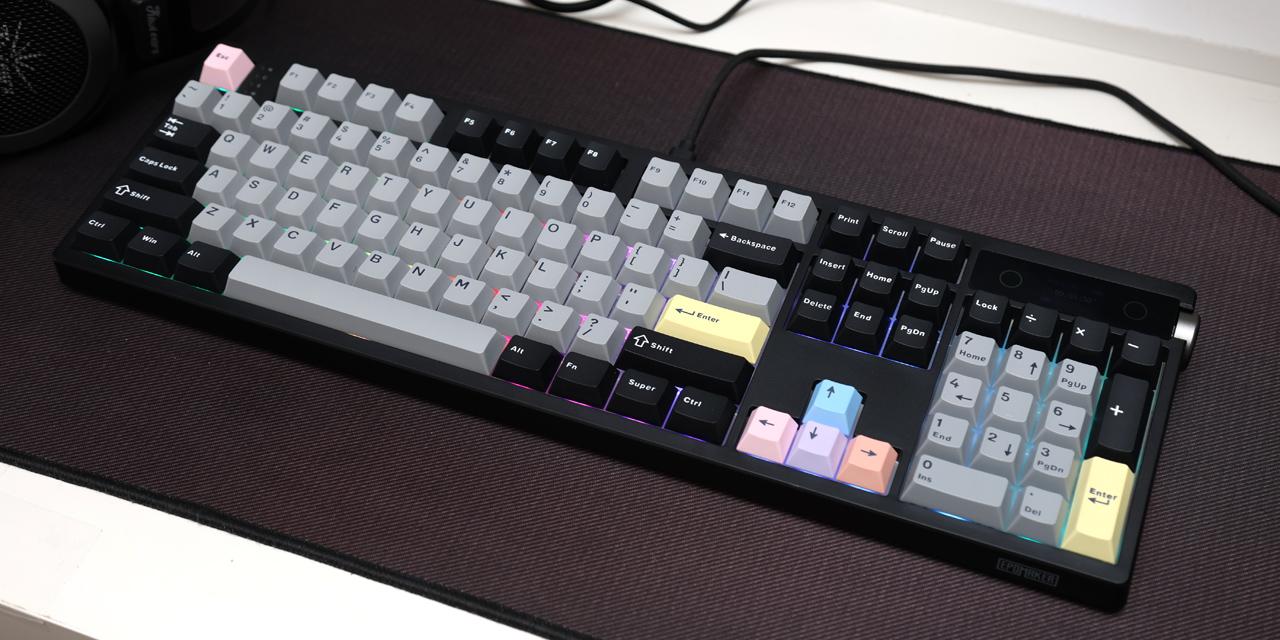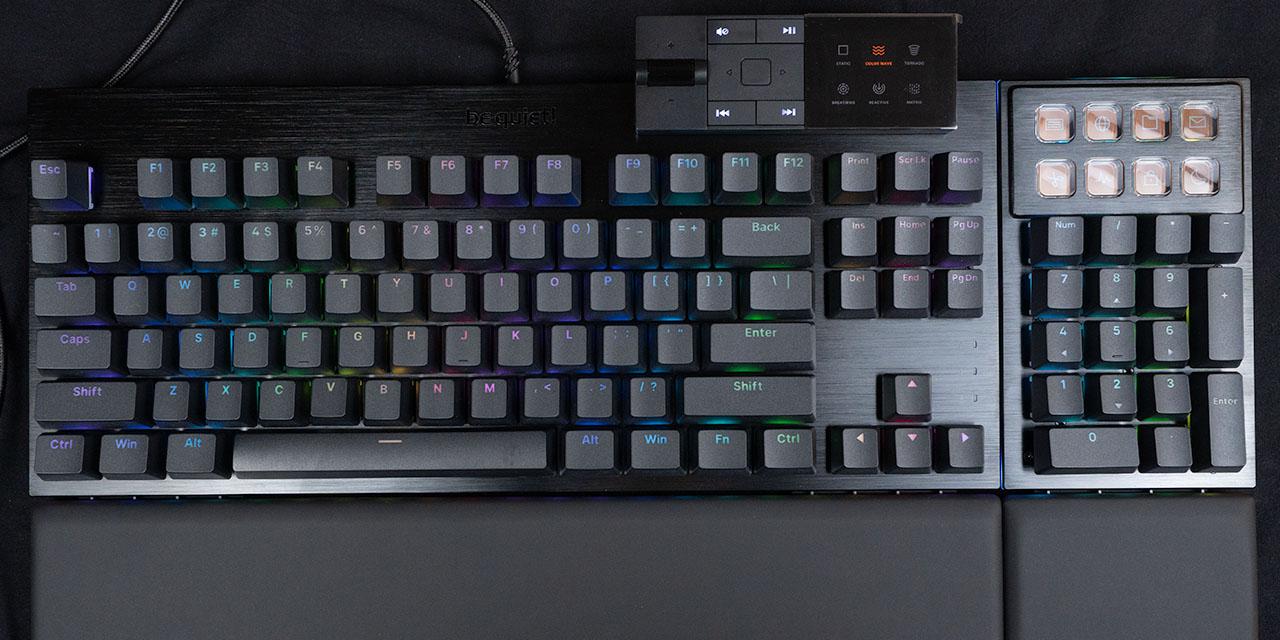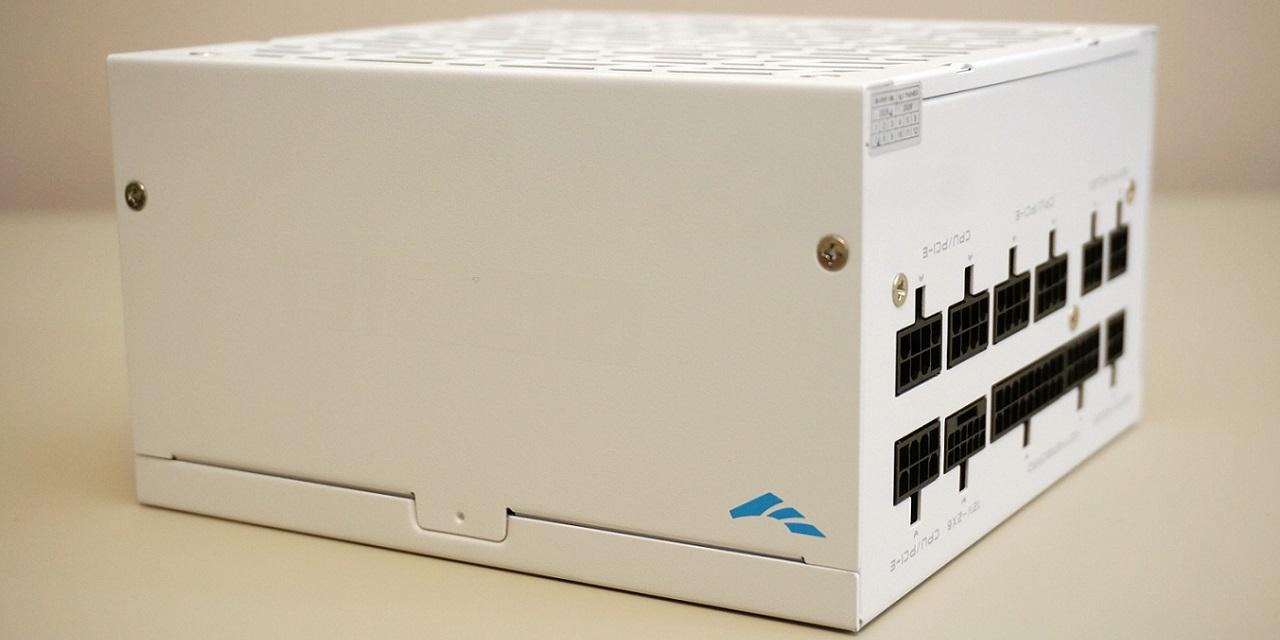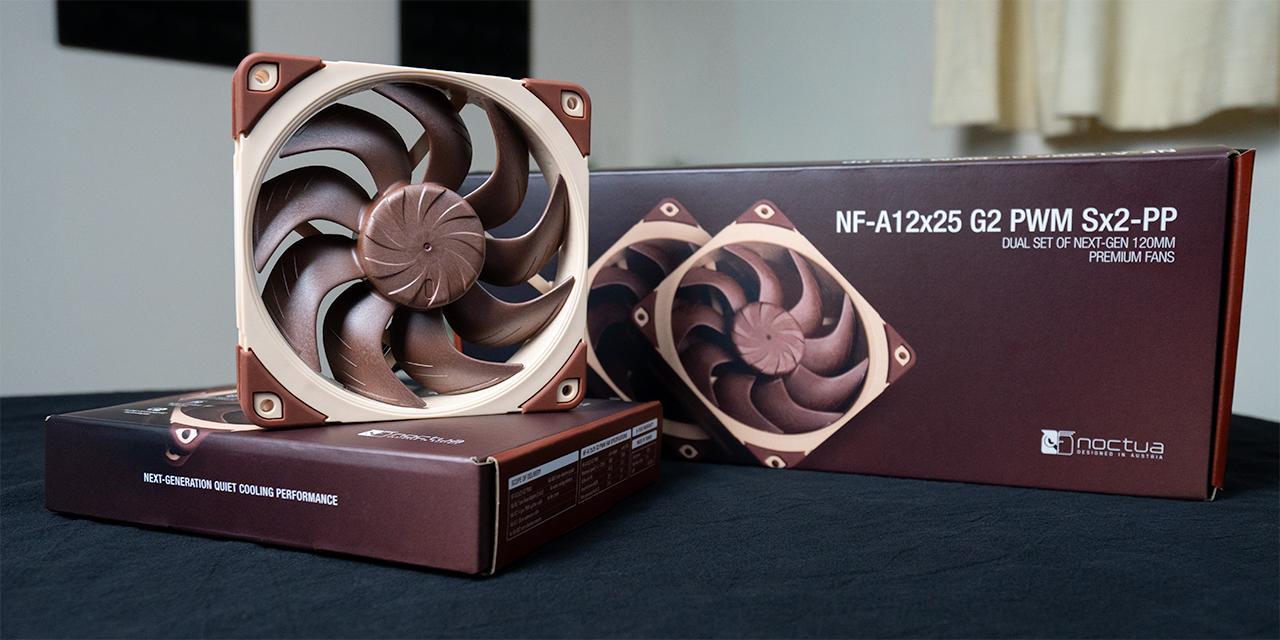|
From X-bit Labs: Advanced Micro Devices recently confirmed that it had received the first samples of its second Fusion design code-named Ontario that is aimed at netbooks, tablets and other low-power devices. But while AMD pins quite a lot of hopes onto Ontario, the company has so far been tight-lipped about its peculiarities, which seem to be pretty interesting. AMD itself recently confirmed that Ontario – which features two x86 cores based on Bobcat micro-architecture, integrated DirectX 11-class graphics core and DDR3 memory controller – is actually a single-chip system-on-chip (SoC) device. What AMD did not reveal was manufacturing process used to make the forthcoming product. However, based on the documents seen by X-bit labs, the Ontario accelerated processing unit (APU) will be made using bulk 40nm process technology. Now that it is clear that Ontario is a monolithic design produced at bulk 40nm node, an intrigue still remains. There are three companies – Globalfoundries, Taiwan Semiconductor Manufacturing Company and United Microelectronics Corp. – that can provide both low-power and high-performance 40nm bulk fabrication process. At present AMD uses TSMC’s 40nm process to make graphics chips and chipsets, however, outsourcing x86 production to TSMC may not be something AMD wants, especially considering numerous issues with 40nm of TSMC. Globalfoundries, where AMD still holds a stake along with seats in the board of directors, also has 40nm high-performance bulk process technology, however, it has not announced that anyone plans to use it, hence it may turn out that the fabrication process is designed for AMD’s needs. At present it is unclear whether any client uses UMC’s process technology. As reported previously, the Bobcat micro-architecture features x86-64, virtualization, SSE, SSE2, SSE3 technologies and will be single-threaded with out-of-order execution. The actual Ontario microprocessor, which is a dual-core chip, will be able to offer 90% of today’s “mainstream performance” in less than half of die area. AMD claims that Bobcat-based products are sub-1W capable, hence, such chips will be able to address products in various form-factors, including slate-type PCs. AMD also says that AMD Ontario solutions are single-chip products. View: Article @ Source Site |
 |
AMD Ontario: Monolithic System-on-Chip, 40nm Fabrication Process
© Since 2005 APH Networks Inc. All trademarks mentioned are the property of their respective owners.
